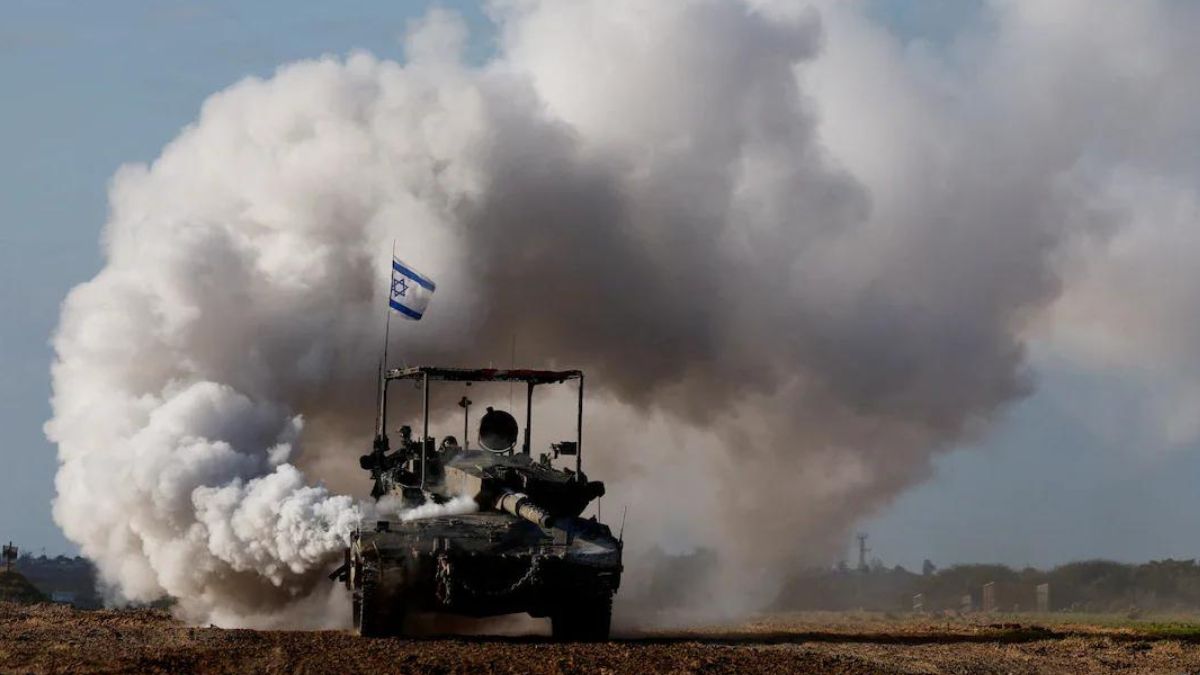The bomb attack on the Israeli embassy vehicle in New Delhi on Monday has dragged India squarely into the crossfire of an ongoing war of nerves in West Asia between Israel and Iran over the latter’s nuclear programme.
That confrontation has been brewing for a long time: Israeli Prime Minister Benjamin Netanyahu had as far back as in 1996 warned that if the Iranian regime, which he characterised as the “most dangerous” in West Asia, were to acquire nuclear weapons, it would have “catastrophic consequences” not just for his country or the region, “but for all mankind”.
Yet, that tension was accentuated, particularly after Barack Obama took office as US President in 2009, because fundamentally Israeli leaders did not trust Obama then – and barely trust him now.
Obama’s promise, which he articulated even during his campaign, to reach out to Iran’s leaders in the hope of talking them out of acquiring nuclear weapons, caused them deep disquiet because it represented a slideback from the belligerent neoconservative narrative of the George W Bush years.
Additionally, in early meetings with Obama—even before he took office—it dawned on Israeli leaders, including Netanyahu, that Obama perhaps saw the effort to pre-empt Iranian nuclearisation not from the perspective of Israel’s security (which was on top of their minds) but from a global non-proliferation perspective.
In other words, in their estimation, Obama was driven by a John Lennon-esque pacifist vision for the world, not by “shoot first, talk later” habits of the neocons.
From all accounts, from his first day in office, Obama was under pressure from all around – from Israel, from hardline members of the US Congress who favoured confrontation with Iran, from the spies and spooks in the CIA who had been waging “dirty wars” in Iran - and even from Saudi Arabia and several other Arab allies.
In one memorable conversation between Saudi King Abdullah and US General David Petraeus in early 2008, the king urged the US to “cut off the head of the snake” ( Read the rollicking WikiLeaks account here .)
Leaders in Saudi Arabia, the United Arab Emirates and Egypt (then under the Hosni Mubarak) referred to Iran on various occasions as “an existential threat”, and an “evil force” that would drag the region to war.
The irony is that today, even Obama has abandoned his peacenik overture towards Iran – and even his efforts to let sanctions do the job. Today, his administration has been hustled reluctantly into talking the language of war.
Trita Parsi, author of A Single Roll of the Dice: Obama’s Diplomacy with Iran , argues that it wasn’t that Obama’s diplomacy failed. On the other hand, it was “prematurely abandoned.”
Obama’s intention, argues Parsi, was genuine, but his vision for diplomacy was undermined by several factors.
Most important of these was pressure from Israel and its Conservative allies in the US Congress, to adopt a policy of confronting Iran. It didn’t also help Obama that in June 2009, the Iranian administration crackdown on an opposition uprising over electoral malpractice – which gave rise to some of the most horrific images of violence, beamed around the world.
The shrill Republic primary debates of recent months, with every leader (barring Ron Paul, the libertarian candidate) sounding off belligerently against Iran whenever they were asked how they would respond as Presidents to the Iranian nuclear crisis also cramped the space for Obama’s diplomatic manoeuvres.
In recent weeks, an Israel emboldened by all this war talk has been hyping up the prospect of a military strike on Iranian nuclear facilities by this spring – and, significantly, getting US administration officials to echo that sentiment..
It is in that context, with the sanctions hurting Iran and with suspected Israeli operatives carrying out targeted assassinations of Iranian nuclear scientists, that the war of nerves has been escalated.
Monday’s bomb attack in New Delhi is just one small skirmish in the protracted war. But it has had the effect of dragging India, which has up until now been standing up to pressure to abide by the sanctions against Iran (out of its own self-interest), into the thick of the war.
Watch video


)




)
)
)
)
)
)
)
)